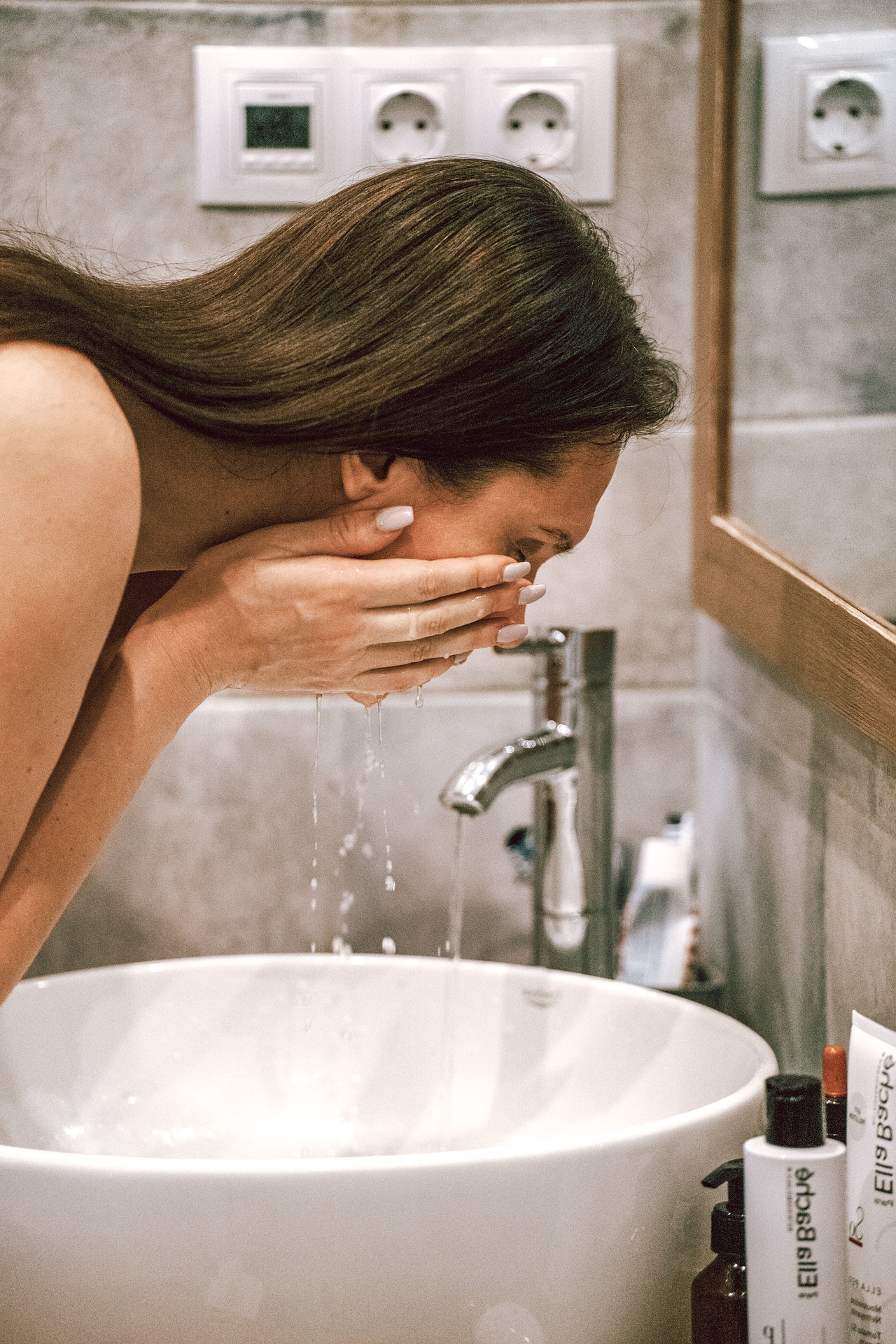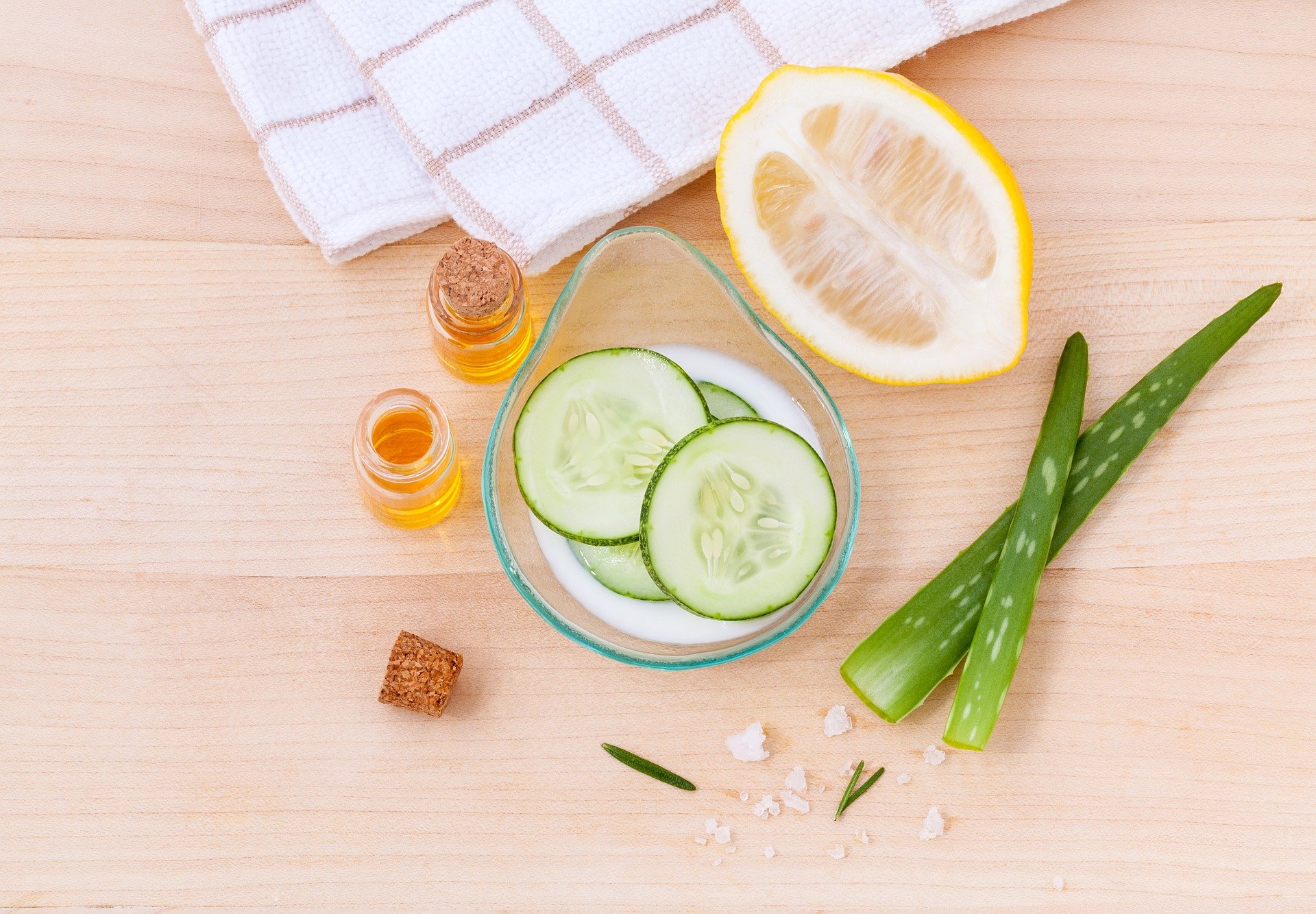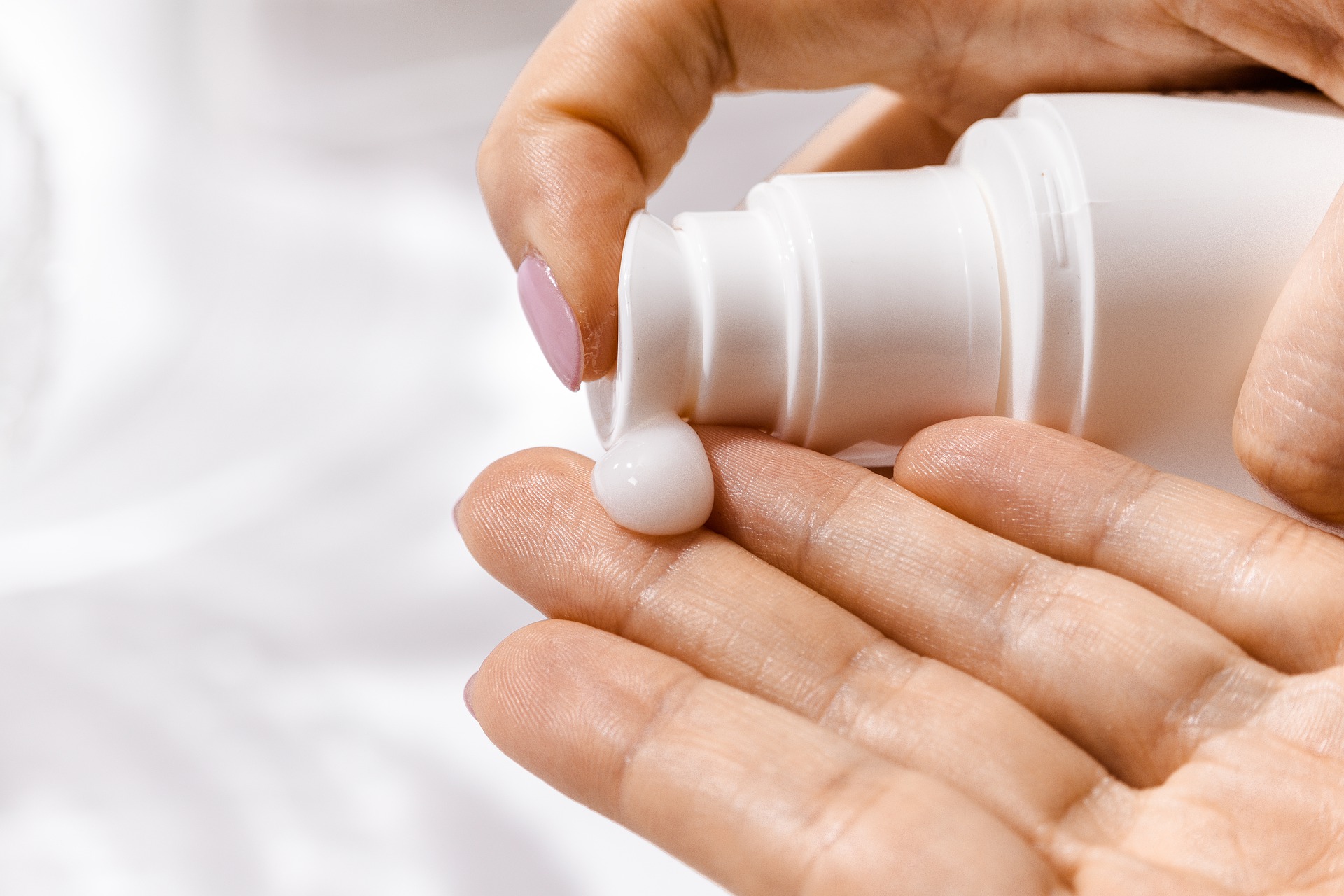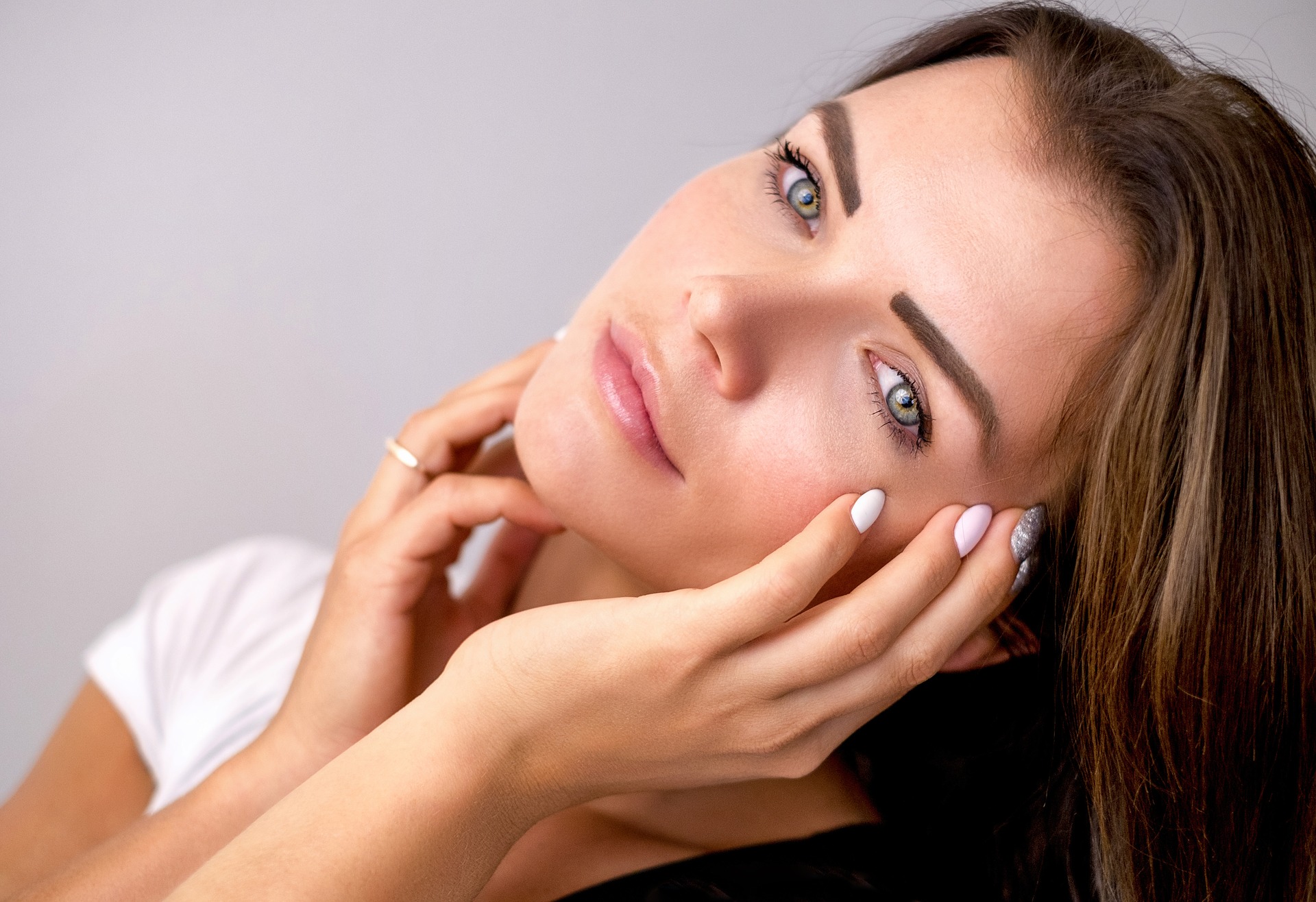Skincare Myths that you must know about
4 minuteRead
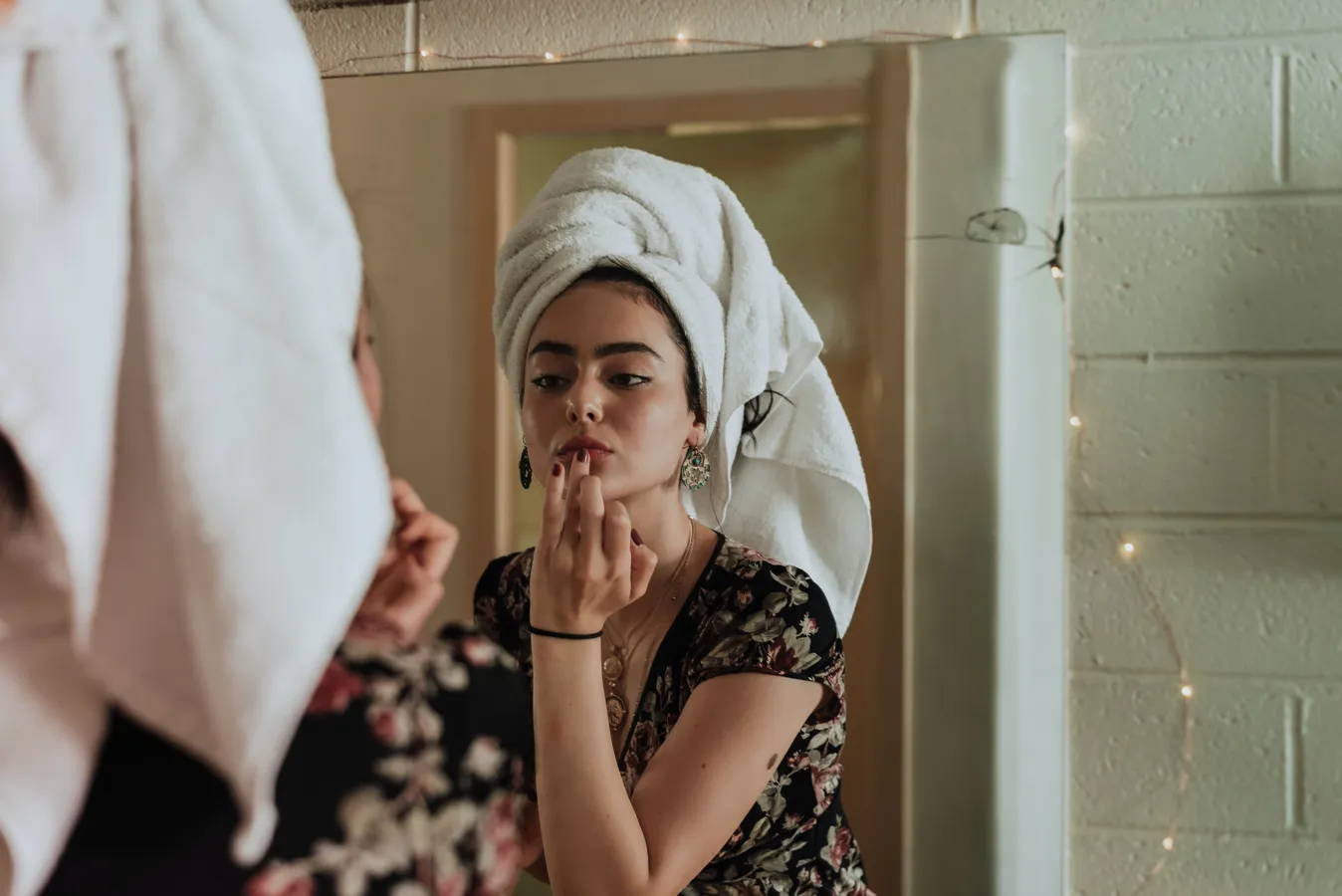
Everyone desires healthy, glowing skin, and in order to achieve flawless skin, we frequently use a variety of products and treatments, both processed and natural. Nevertheless, our standard insight and information may not be the most reliable wellspring of information regarding skin care. Whether it's our forefathers' skincare tricks or the availability of content on the web, skincare might be a subject rife with fallacies. Regardless of whether or not we recognize it, we have all been victims of erroneous notions and made decisions without even being totally confident of reality. Such beliefs may be quite harmful to our skin, making it all the more vital to grasp the reality behind them.
Let's get to the root of some often given skin-care recommendations. According to prominent dermatologists, these are some skincare misconceptions you should stop believing.
Myth 1: Not washing your face is the cause of Acne.
Fact: Hygiene has no influence on the formation of acne. Acne is caused by oil production, bacteria, blocked pores, and inflammation, with hormones, stress, and (to a lesser extent) food all playing a part. Dr. Peterson Pierre, dermatologist and founder of the Pierre Skin Care Institute in Westlake Village, California, stated, "Not washing your face doesn't improve your issue, but it surely doesn't create acne."
Myth 2: Acne and pimples are only found in teenagers.
Fact: As teens, we are frequently assured that we will outgrow our acne as we grow older. Although it is true that teens acquire acne due to puberty and changing hormone levels, they are not the only ones who may have it. Acne can appear at any stage of life, even maturity. While pregnancy and menopause are major causes, it can also be caused by bad lifestyle choices, irregular eating habits, stress, insufficient water intake, and other factors.
Myth 3: Natural, organic skincare products are more beneficial.
Fact: One of the most common misconceptions in dermatology and medicine, in general, is that natural and organic products are safer. Natural skincare products are frequently unregulated and include botanicals and essential oils that can cause severe allergic contact dermatitis in certain people. Whether you use shop-bought or homemade skincare products, always perform a patch test beforehand to confirm that they are suitable for your skin and will not cause any bad side effects.
Myth 4: Drinking water can help to minimize outbreaks.
Fact: Drinking water alone will not keep your acne at bay. Certainly, drinking enough water will flush toxins from the body, but acne, which occurs as a result of blocked pores on the surface of the skin, may persist. A study published in the journal Clinical, Cosmetic, and Investigational Dermatology discovered that drinking water can make your skin look moisturized and luscious.
Myth 5: Retinol is not required until age 50.
Fact: Retinol has long been regarded as the "gold standard of skincare," and it will remain so for the next year. Retinol can be used to boost collagen synthesis and skin cell renewal, cure acne, clear pores, reduce fine lines and wrinkles, and even out skin tone. To prevent harm, it is preferable to start using retinol in your mid-late twenties. Even so, avoiding wrinkles is far easier than removing them. Begin incorporating retinol into the routine gradually, around twice or three times per week.
Myth 6: In the autumn and winter, there is no need for sunscreen.
Fact: Many people believe that you only need sunscreen in the summer, but this is a misconception. The ultraviolet (UV) rays that inflict sunburn are less in the winter, although they are still there. UV rays that produce fine lines, wrinkles, and skin discolouration are present all year, so it is critical to use sunscreen all year. Since UV rays can penetrate clouds, if you intend on spending time outside, apply sunscreen daily.
Myth 7: Higher SPF, better protection.
Fact: Most people believe that if the SPF is greater, the sunscreen will provide better sunblock and prevent tanning. Irrespective of the amount of sunscreen you apply, if you are exposed to sunlight for extended periods of time, a higher SPF does not imply that it will last longer. SPF 30 is more than adequate for regular usage, and try to avoid the sun whenever possible.
Myth 8: Moisturizer isn't necessary for oily skin.
Fact: A moisturizer is a golden standard skincare item that must be used every day. This moisturizes the skin while also reducing oiliness by slowing down the body's natural oil or sebum production. People are often misled into believing that their moisturizers are causing their skin to feel oily, so they avoid using it altogether! Avoiding moisturizer might cause your skin to become even greasier as it attempts to cover the loss of hydration. To nourish and moisturize oily skin, choose a light, mattifying, or gel-based solution.
Myth 9: If a product burns, it indicates that it is working.
Fact: Burning or tingling feelings in skincare can be quite harmful. If a product stings, it is most likely a call for aid. It either indicates that your skin is sensitive or that the components are incompatible with your skin. Any discomfort or soreness indicates an allergic reaction, and you must stop using the product right away. If the discomfort does not go away after a few minutes, use some ice or Aloe Vera gel, or seek expert treatment. To prevent this, always do a patch test before applying a new product to your face.
Myth 10: Wrinkles and fine lines will vanish overnight when you use anti-ageing products.
Fact: Products that promise to remove wrinkles overnight are nothing but a sales tactic. While anti-ageing products containing potent ingredients such as Retinol and Rosehip Oil can help reduce the appearance of ageing signs, minimize the appearance of fine lines and wrinkles, and stimulate collagen growth to make skin more elastic and firm, they cannot completely erase the signs of ageing and take a few weeks to work. These cannot completely eliminate your skincare troubles overnight. The best strategies to prevent ageing are to use sunscreen each day, live a healthier life, stop smoking, and adhere to a strict beauty regimen.
Write, Record and Answer! Consume Unlimited Content! All you need to do is sign in and its absolutely free!
Continue with one click!!By signing up, you agree to our Terms and Conditions and Privacy Policy.




